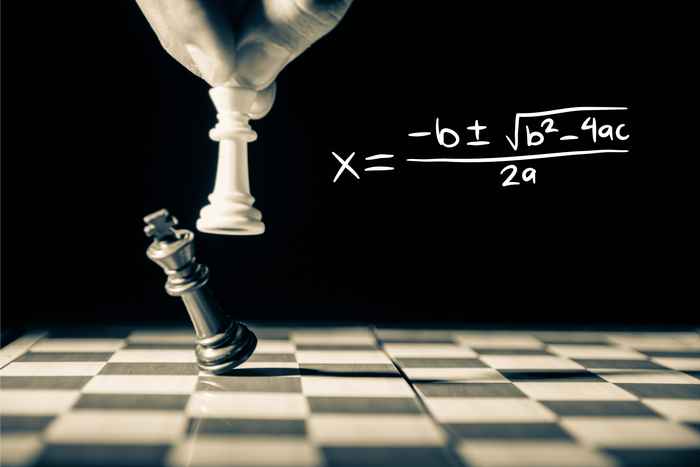Honoursmodule: Games and Decisions (6 EC)
How to fairly allocate prize money or ad revenue? What is the power of political parties in a democracy? And how to decide whether a company should advertise or not? Often, it is hard to make the ‘right’ decision. Especially in situations where you must deal with others who have different goals and where the outcome of your choice is dependent on the choices the others make. Or in situations where fairness is not straightforward. In all these situations you might want to rely on a solid foundation that can help you with your decisions and allocations and back up your choice.

Game theory is such a solid and mathematical foundation. It provides a strong framework of mathematical models and tools to analyze and solve these interactive decision-making processes. Game theory is a mathematical theory and as such is not relying on a specific context. Therefore, it can be applied in all interactive situations where decisions and allocations must be made.
The course is divided into two parts: cooperative and non-cooperative game theory, the two main pillars of game theory. In the first part, the focus is on non-cooperative games, strategic games (games where players act simultaneously) and extensive form games (games with a timing element). Among others, the following topics will be discussed:
- Strategic games: matrix (zero-sum) games and bi-matrix games.
- Nash equilibria: pure and mixed Nash equilibria, best-reply and optimal strategies;
- Applications: correlated equilibria
- Extensive form games: strategies, subgame perfect equilibria, relation with strategic games and Nash equilibria
In the second part of the course, the focus is on cooperative games. Among others, the following topics will be discussed:
- Cooperative games: transferable utility games
- Solution concepts: core, Shapley value, nucleolus, egalitarian solutions
- Applications: voting games, cost sharing games
Coordinator
Dr. Maurice Koster
Timetable
All lectures will take place on-campus and we assume you can be physically present during the scheduled hours. You can find the timetable on Datanose.
Registration
Registration is possible for students participating in an Honours program. The registration period for the Honours courses will be from Friday, November 28, 10:00 am to Tuesday, December 2, 11:59 pm. You can register through the online registration form that will appear on Honoursmodules IIS. (registration is NOT through SIS)
Please note: Placement is not guaranteed if you register after December 2, so make sure you register on time. You will hear which course(s) you are registered for before December 31.
For questions about registration, please contact us at: Honours-iis@uva.nl
- Mode
- Honours programme
- Credits
- 6 ECTS,
- Language of instruction
- English
- Starts in
- February